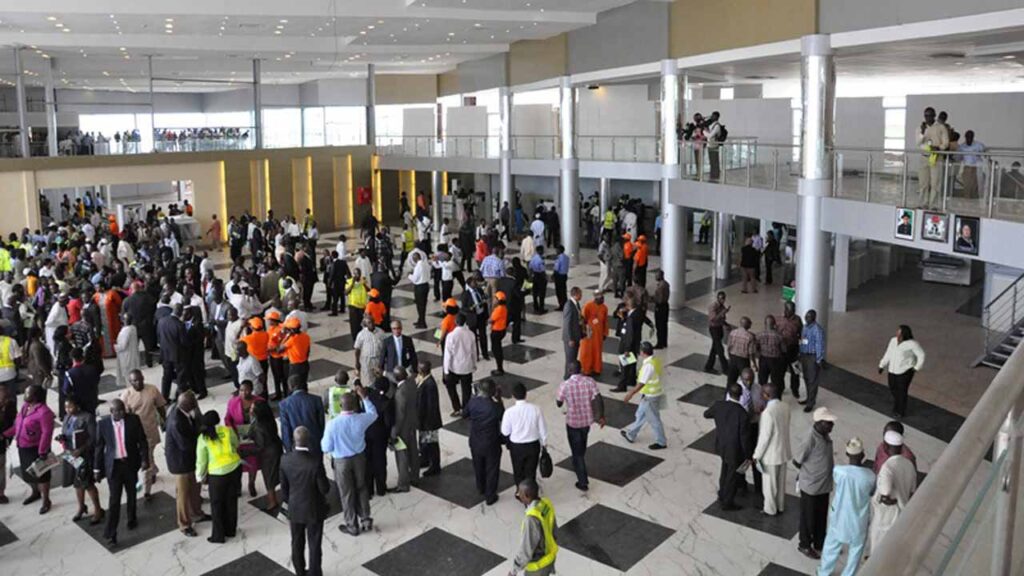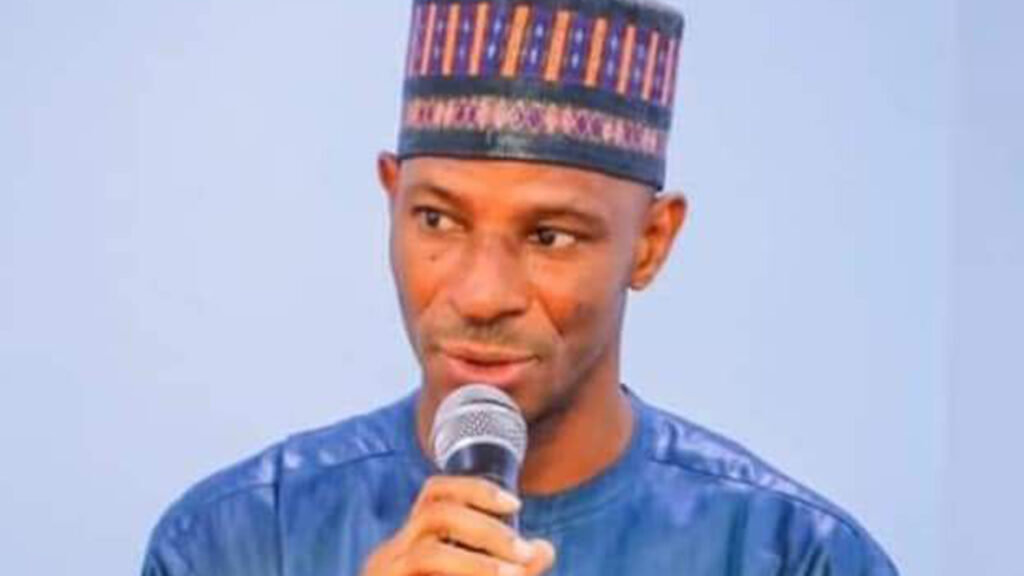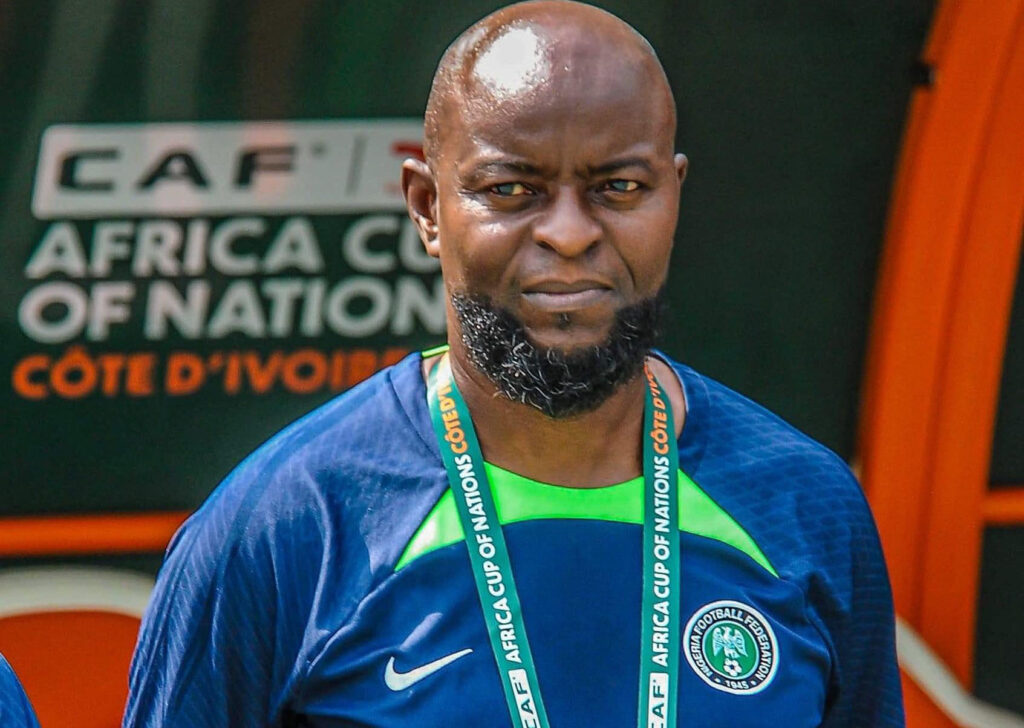
Though the notoriety is symptomatic of general lapses in the public sphere, the free reign of criminalities that do not discriminate between airside and land area signpost both operational incompetence and regulatory negligence. But if Nigeria must stave off a major disaster and international embarrassment, it is time to review the entire security apparatus, support regulators to be optimal and demand minimum standards from all service providers.
Among other means of transportation, aviation has the smallest margin for errors, which makes it the most regulated sector in the world.
The specialised agency of the United Nations, the International Civil Aviation Organisation (ICAO), specifically laid down Standards and Recommended Practices (SARPs) across 19 Annexes covering a cornucopia of aviation operations. Annex 17 is the security manual that details standard practices to avert unlawful interferences and breaches.
Curiously, the flagship international airport in Lagos, MMIA, has become infamous for violations of security standards that civil aviation upholds globally.
Most recently, Seymour Aviation Multi-level Car Park that services the international entry port have become a den of thieves where parked vehicles are vandalised and assets stripped off.
Last month, Arik Air filed an occurrence report with the Nigerian Civil Aviation Authority (NCAA) on the attempted robbery of its taxing aircraft by unknown men who encroached the runway at the Lagos Airport.
According to reports, runway robbers attempting to open the cargo compartment of its taxing Boeing 737-800 was the second of such foiled attempts recorded by the local airline in just two weeks. On December 16, it was the case of an ignorant auto-technician test-running a faulty car on the Runway 18L and heading for a collision with an oncoming Max Air jet!
The catalog of security breaches details operational inefficiency and complicit negligence across the board. The Seymour car-park facility is privately-run by a concessionaire that is just into the fourth year of its 30-year concession duration. It is ludicrous that the revenue earning management would conveniently shift its security responsibilities to another and disown all liabilities of its incompetence. On account of that car burglary episode, the management of Seymour Aviation has shown to be a bad example of private sector involvement in critical sectors like aviation. There should be more to customer-service than just earning revenue from slipshod arrangements.
The Federal Airports Authority of Nigeria (FAAN), which is the landlord of airports nationwide and its multiple concessionaires, has also been sloppy in quality service delivery where it matters the most. Besides MMIA being the busiest airport in passenger traffic nationwide, it has a Category-One status and is also the cash cow of Nigerian aviation. It deserves a better standard than FAAN has lived up to or demanded from its operators. Irrespective of differences FAAN may have with Seymour Aviation on the car park facility, they both have a duty to safety and security to the public using the airport.
Perhaps the most complicit in the cock-ups is the NCAA, which is the apex enforcer of rules and regulations guiding the industry.
By its 2006 establishing Act, it is the autonomous agency with oversight functions for safety, security and economic regulation of the entire sector. By the rules also, all operators at the airport, including Seymour Aviation, are mandated to submit a Security Programme for their operations prior to approval, and the NCAA in turn has the oversight responsibility to regularly uphold the standard. Though the NCAA has achieved milestones in the area of safety, its increasingly feeble grip on ancillary service providers is unacceptable.
Besides safety, security is also within the core oversight responsibility of the apex regulator. As inspectors in the NCAA would know, it takes an average of 300 minor incidences before an air crash. How many security breaches must an airport record before a major disaster of national ridicule occurs? The autonomous NCAA must wake up, shore up its workforce of certified inspectors and go beyond aircraft certification to cover the entire spectrum of the industry.
Indeed, operational incompetence and laid back regulators are a dangerous combination that no country can afford amid widespread insecurity. And it is to check such pockets of malfeasance that the Nigerian masses have elected lawmakers into the National Assembly. The hallowed Chambers of the Senate and House of Representatives have House Committees on Aviation that regularly embark on oversight functions in the industry.
Unfortunately, the Senate Committee, headed by Smart Adeyemi, and his counterpart in the House of Reps, Nnolim Nnaji, have been majoring in the minor and playing minor in major functions. Specifically, the two committees have been milling around aviation agencies and meddling in core administrative functions of the NCAA, in place of closing yawning gaps across the industry.
For instance, the lawmakers’ recent meddling in the award of Air Operating Certificate (AOC) to a startup airline and review of grand handling rates, signpost political interference and breach of autonomy that is constitutionally guaranteed to the apex regulator.
Clearly, the knowledge gap between the lawmakers and the technocrats speaks volumes, and this rubs off badly on effective oversight functions. But besides the ritual of inspecting concrete infrastructure and visiting agency headquarters twice yearly, the lawmakers should acquire in-depth knowledge of the industry to improve its operations and hold handlers accountable. The right place to begin is reading volumes of ICAO Annexes, which is the manual of modern civil aviation. By extension, have a backroom staff of aviation professionals for the lawmakers to be able to speak and act with knowledge. That way, they can cut through bureaucratic stonewalling and demand better standards across the board.
Indeed, the fear of insider’s threats is the beginning of wisdom for modern civil aviation. On the contrary, Nigerian aviation is not yet on that path of wisdom given its tolerance for petty thieves, touts, beggars in AVSEC, Immigration and NDLEA uniforms, extortionists, accomplices of illicit trades and other corruption acolytes. They are all testaments to the vulnerability of the air transport system, and a loophole for criminals to explore. But to avert the doomsday, it is high time all responsible agencies woke up to their duties and sanitise the system for the good of all. Better be late than be sorry.













